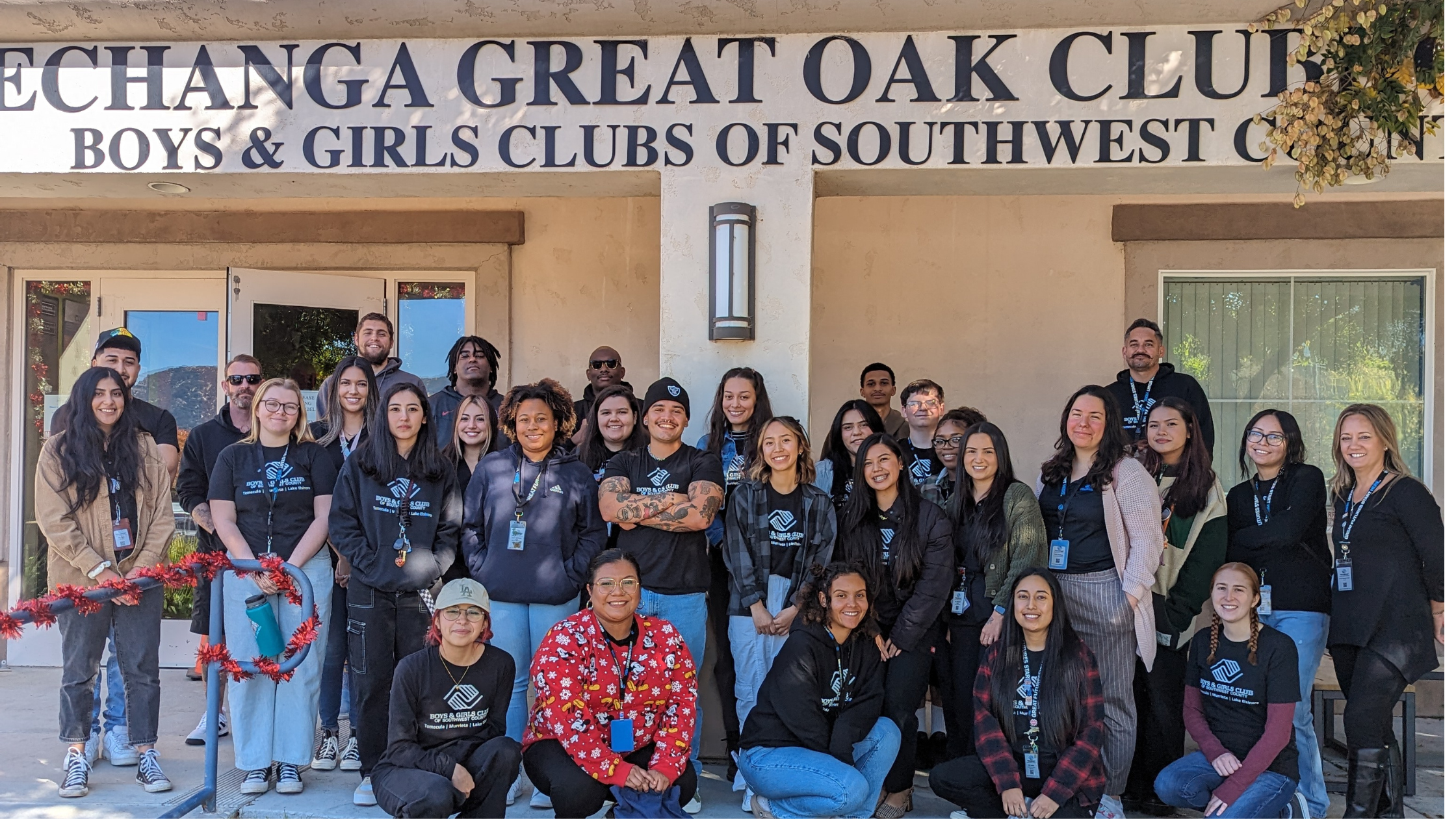By: Greg Bradbard
The U.S. Surgeon General recently named loneliness one of our country’s greatest health crises. With heart disease, cancer and accidents topping the list of leading causes of death in our country, who would have thought that loneliness would become a major concern of our “nation’s doctor?”
In 2023, Dr. Vivek Murthy shared his Surgeon General’s Advisory on our Nation’s Loneliness Epidemic. As he reflected on a nationwide listening tour, he shared how the stories he heard surprised him.
“People began to tell me they felt isolated, invisible, and insignificant,” Murthy wrote. “Even when they couldn’t put their finger on the word lonely, time and time again, people of all ages and socioeconomic backgrounds, from every corner of the country, would tell me, I have to shoulder all of life’s burdens by myself, or if I disappear tomorrow, no one will even notice.”
Since then, Murthy has released several additional advisories on youth mental health, health worker well-being, the dangers of social media, and parents’ mental health and well-being.
Although the research demonstrates elevated levels of depression, loneliness and anxiety among all adults, his report states that over the last decade, parents expressed higher levels of stress than other adults. Additionally, children whose parents have mental health challenges are more likely to develop their own symptoms of depression, anxiety and impairment from mental health conditions.
Speaking of youth, the Surgeon General has also indicated that social media usage is so damaging to young people that he called on Congress in June to issue warning labels on social media platforms. Similar to warning labels on tobacco products, he stated that a warning label “would regularly remind parents and adolescents that social media has not been proven safe.”
According to the American Psychiatric Association’s Healthy Minds Monthly Poll released in February 2024, 30% of adults in America have experienced feelings of loneliness at least once a week over the past year, with young people 18-34 reporting they have been lonely every day or several times a week.
Although the mental health of Californians is generally better than most states across the country, loneliness and anxiety continue to be a challenge for many in our communities. According to a 2024 report by the California Department of Public Health, approximately 1 in 5 adults in our home state is affected by depression and poor mental health. In fact, 41.5% of California adults have reported having one or more days of poor mental health in the past month, and overall rates of depression have increased over the past 10 years, with females reporting a higher prevalence than males.
So, what is the antidote to this epidemic of loneliness and depression? Social connectedness. In addition to accessing mental health services, social connection and belongingness are key.
Amrita Rai, clinical director, Community Behavioral Health at Inland Empire Health Plan, says it’s always good for anyone at any age to have frequent check-ins with themselves and acknowledge when it’s time to seek support.
“There are times in our lives that could be more difficult than others, and it’s OK to need a little help getting through those times,” said Rai, MSW, LCSW. “Reaching out and starting a conversation with someone you trust takes courage and vulnerability and sometimes is exactly what you need.”
At IEHP, Rai manages a team of community health navigators who partner with local school districts to be available on campuses to support students and families with any needs they may have. The team also helps families access physical and mental health services and accompanies them to appointments when needed to empower families and advocate for their needs.
In addition to health care support and services, many nonprofit and community-based organizations are fostering healthy and safe environments specifically for youth and their families to feel seen, heard and to connect them with vital resources and services.
The Boys & Girls Club of Southwest County works with young people in Temecula, Murrieta and Lake Elsinore to navigate the complexities of growing up. Through its programs, activities and initiatives, the nonprofit helps young people build resilience, develop coping strategies, find meaningful in-person connections and avoid social media pitfalls.
“Social media creates a constant need for validation, comparison with others, and exposure to cyberbullying can negatively affect young people’s mental well-being,” said Carly Bennett-Valle, chief executive officer/chief financial officer of Boys & Girls Club of Southwest County. “We recognize this and are committed to offering tools and support to help youth build a healthy relationship with technology.”
The Boys and Girls Club aims to teach young people how to use social media responsibly and mindfully. Their programs focus on developing critical thinking skills, encouraging positive online interactions and educating youth about the dangers of online bullying and the importance of digital wellness. The approach is designed to mitigate the negative effects of social media while promoting mental well-being.
So, let’s take the Surgeon General’s warnings as a strong reminder of the importance of our connections with one another and the critical role schools, organizations and companies can play in creating environments that encourage positive mental health within our community and across our country.
